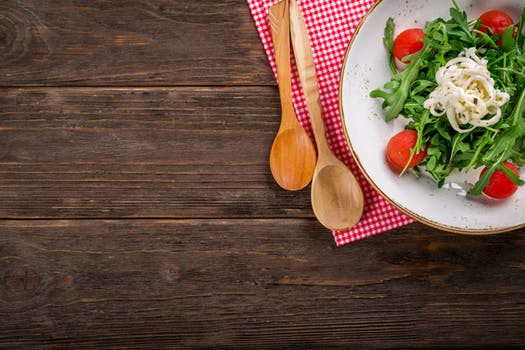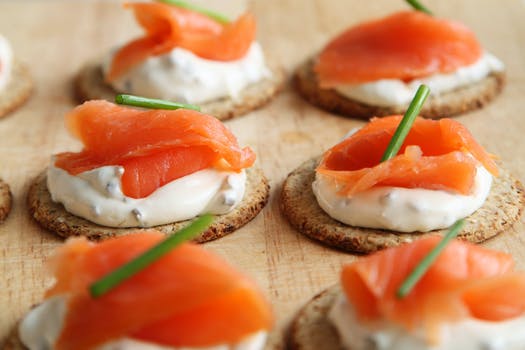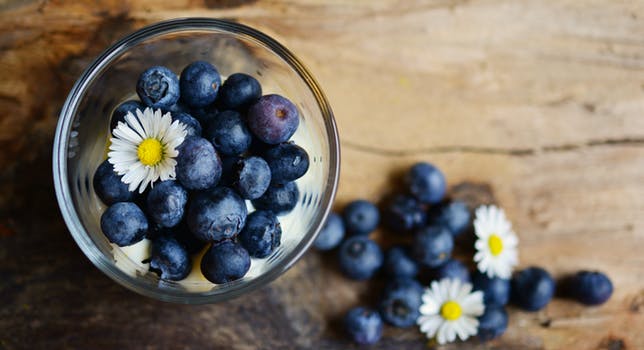
Healthy eating and proper exercise is all the rage lately. Sure, it’s always been important – but it’s not likely that our parents focused as much on health and vitality when they were young as we do. We have so much more knowledge on what we should eat to keep a balanced diet and the kind of workouts that are great for young as well as old – so why not use your skills to boost your parent’s health?
It’s an altruistic approach to vitality, and it would benefit everyone if we focused on each other’s well-being as much as our own. Here is a generous handful of food that may boost your brain power when we get older – at least as far as science is able to tell.

Salmon and healthy fats
While it’s not like we need any more excuses for eating salmon, the succulent fish is both delicious and wonderful for your brain. The grey matter is made out of mostly fats, after all, as well as Omega 3, so fill your plate with fish at least three times a week.
Think of other foods that are known for being rather fatty as well, such as avocados and olive oil. The former has a lot of Vitamin K in them too as well as folate which keeps the blood from clotting – in addition to improving cognitive functions. It’s the kind of stuff we need when we get a bit older and try to remember where all the time went.
Beetroots
The colourful vegetable may reduce inflammation in the body, which is key to fight off many health problems. The natural nitrates in the beets will actually boost blood flow to the brain as well, helping to improve brain functions and and general mental capacity.
It’s a good idea to mention these foods to your parent’s nurse if they’re in a care home or receiving 24-hour nursing care as they’ll be able to incorporate more of these brain boosters in their diets. It’s not always easy for us to understand the kind of foods we should eat more of, so take matters into your own hands and talk to the nurse about it.
They may even be able to point out more things you can do for your relatives brain functions, such as playing a bit of chess with them or even reading.
Blueberries
The little berries are the ones that pop up on most memory-related articles, and they have a great reputation among dietitians due to their numerous health benefits. Packed to the brim with antioxidants, blueberries contain Vitamin C and K, as well as gallic acid – an acid that may protect our brains from degeneration and stress.

Sprinkle it over your yoghurt in the morning, have a handful as a snack, and try to eat more of it during the day, in general.
It’s important to note the ‘may’ as we can’t say for sure that these foods will improve your or your relative’s mental capacities. It’s a lot of good evidence for it, though, and researchers are continuing to find more proof that the ones above are great for your brain as well as your body.
Unfortunately, we can’t always take matters into our own hands and eat our way to good health – it is, sometimes, out of our control. Eat a balanced diet, on the other hand, and find ways to eat more of the above; even if they can’t say for sure quite yet, it still tastes delicious.
*Sp